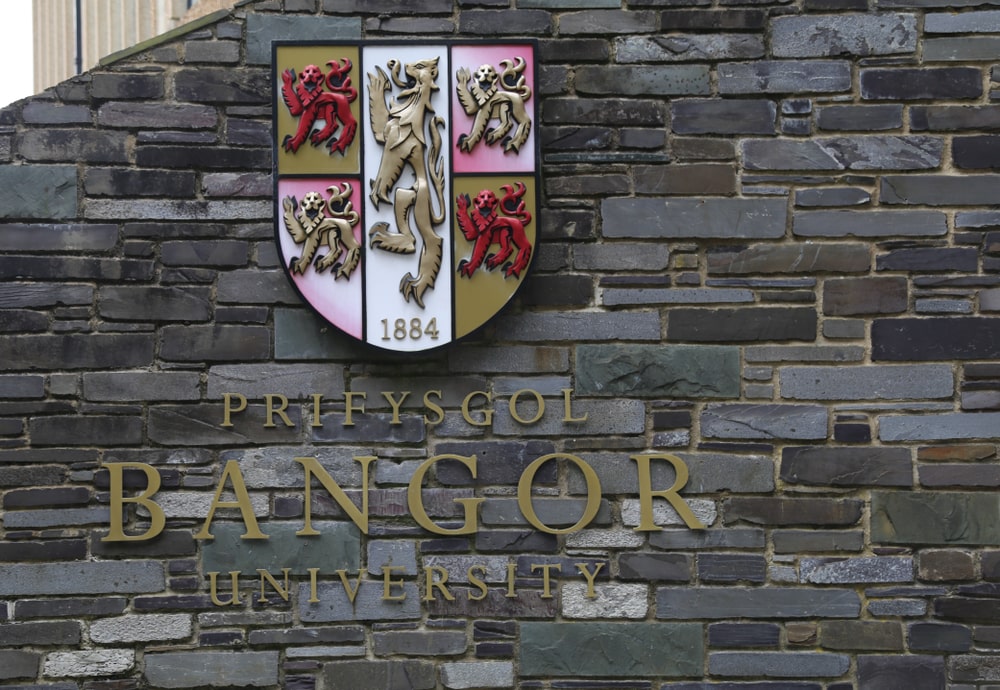News - Construction News
Bangor University to construct new data hub

Bangor University has received £4.6M in funding from the European Union for the construction of a new data science hub, focusing upon green energy, as means of developing joint research between Welsh and international organisations and businesses.
The Smart Efficient Energy Centre (SEEC) will be primarily focussed upon the application of big data science as a means of improving the efficiency of low carbon energy systems such as nuclear energy, tidal energy, and offshore wind energy.
Counsel General and Brexit Minister, Jeremy Miles stated: “Developing creative solutions to renewable energy efficiency issues is vital as we tackle the global challenges of climate change.
“The Smart Efficient Energy Centre will be a dedicated facility, harnessing and developing international expertise in data science and renewable energy, and putting Wales at the top of the global climate change research table.
“By promoting collaboration and encouraging a joined up approach to global issues, EU funding continues to be vital in modernising our economy, increasing productivity, developing opportunities and driving real progress in research and development, science, infrastructure and skills.”
As many people are well aware, energy solutions are currently an area of international interest and, with the development of this centre in North Wales, it is predicted to soon become an international hub of excellence, providing a further £9M in research funding over the course of the next four years.
The Director of Research at the College of Environmental Sciences and Engineering, Professor John Healey added: “SEEC is a flagship strategic development for the newly formed College of Environmental Sciences and Engineering at Bangor University.
“It will lead innovation on how advanced engineering, computer science and modelling can be applied most effectively to tackle grand challenges of increasing the sustainability of energy supply and utilisation, while minimising negative environmental impacts, in particular net carbon emissions.”
The basis of the research undertaken at the SEEC will not only concern low carbon energy systems but will likewise be centred around new cyber infrastructure and digital systems, increasing the volume and speed of data analysis to further scientific innovation.
The Director of the SEEC, Dr Simon Neill concluded: “SEEC will be instrumental in positioning Wales at the forefront of the current technological revolution in low carbon energy research, which is one of the highest priorities to address within the current climate emergency.”
If you would like to read more articles like this then please click here.
Related Articles
More News
- Government launches warm homes plan
12 Feb 26
The UK Government has unveiled its £15 billion ‘Warm Homes Plan’.
- UK and Europe sign historic pact to drive clean energy future
11 Feb 26
UK and EU commits to advancing joint offshore wind projects aimed at delivering a secured
- More than 35,000 improvements delivered as council continues record housing investment
10 Feb 26
Thousands of tenants in Birmingham are now seeing the benefits of the country's biggest investment






